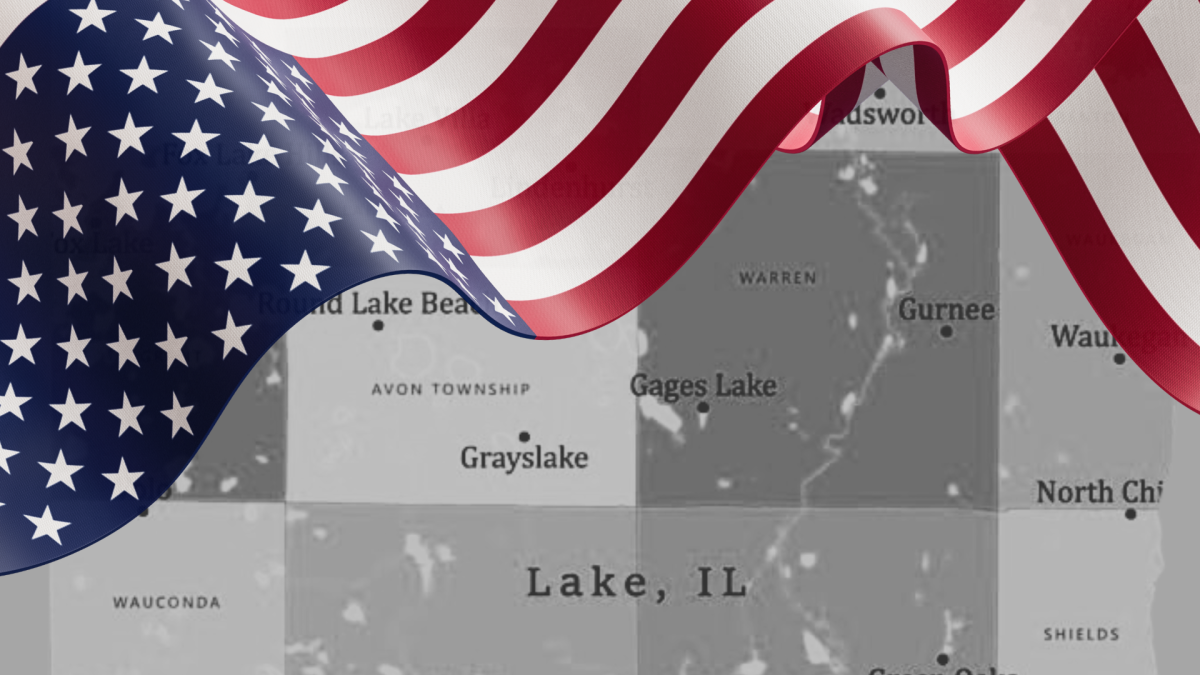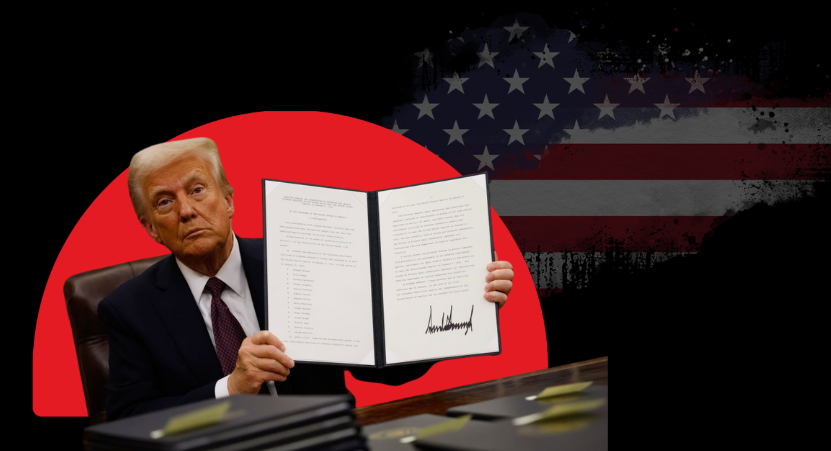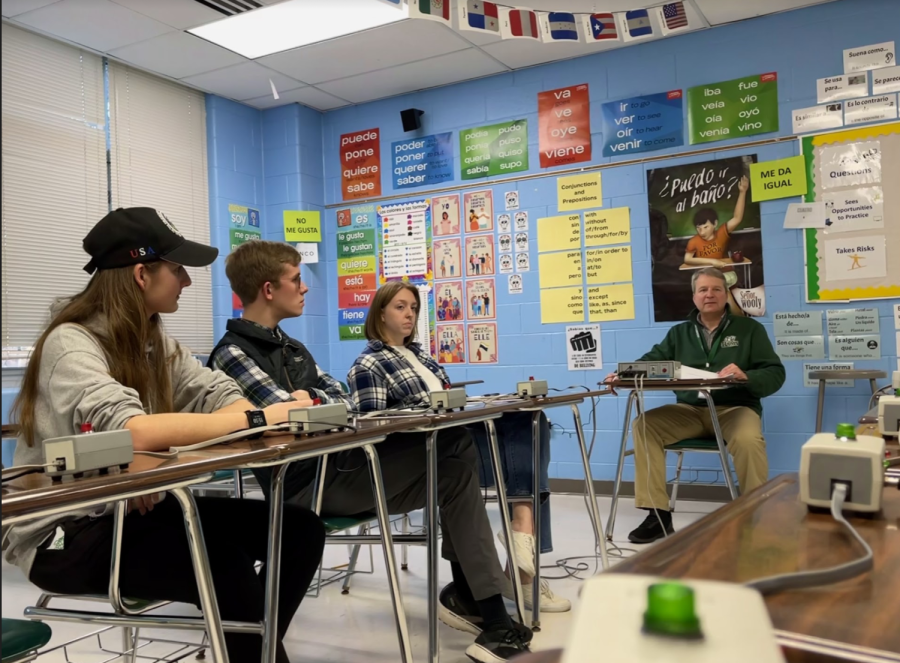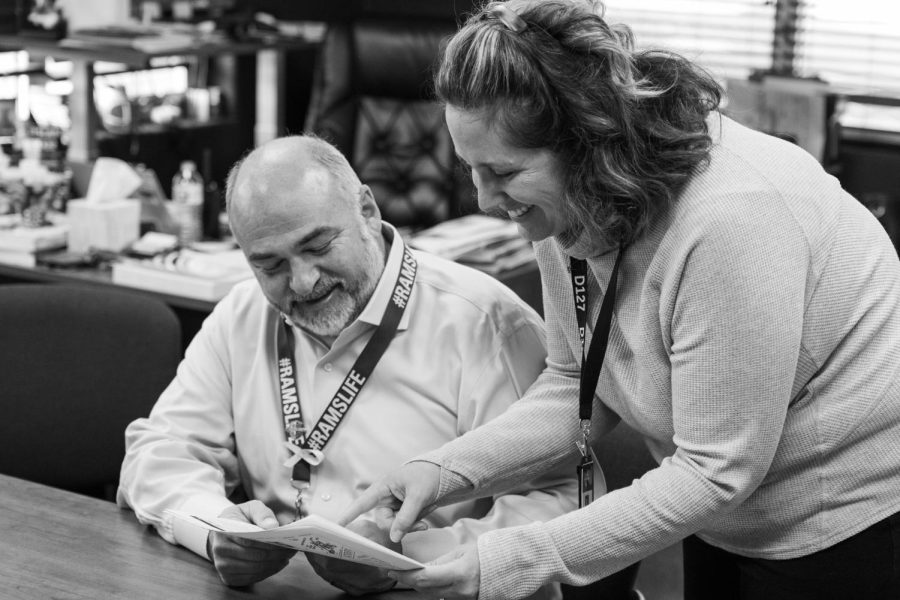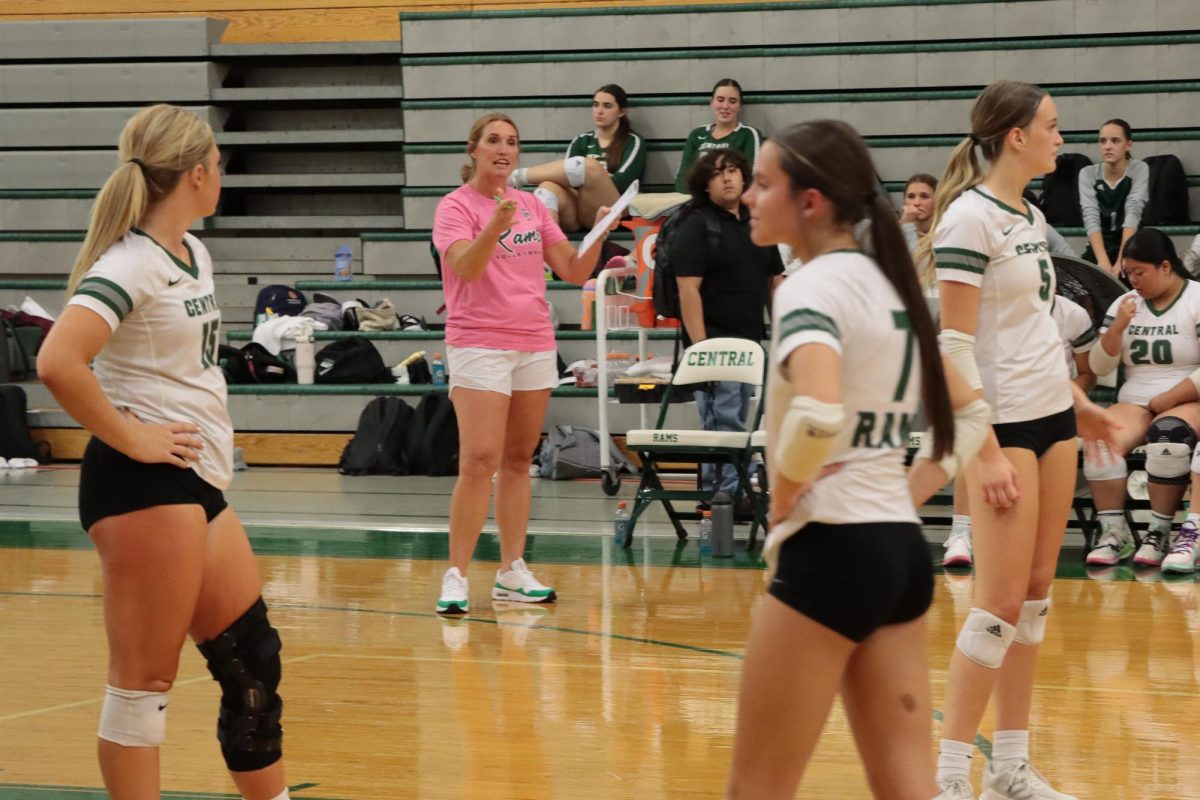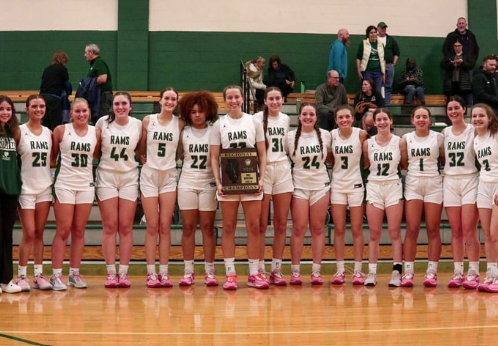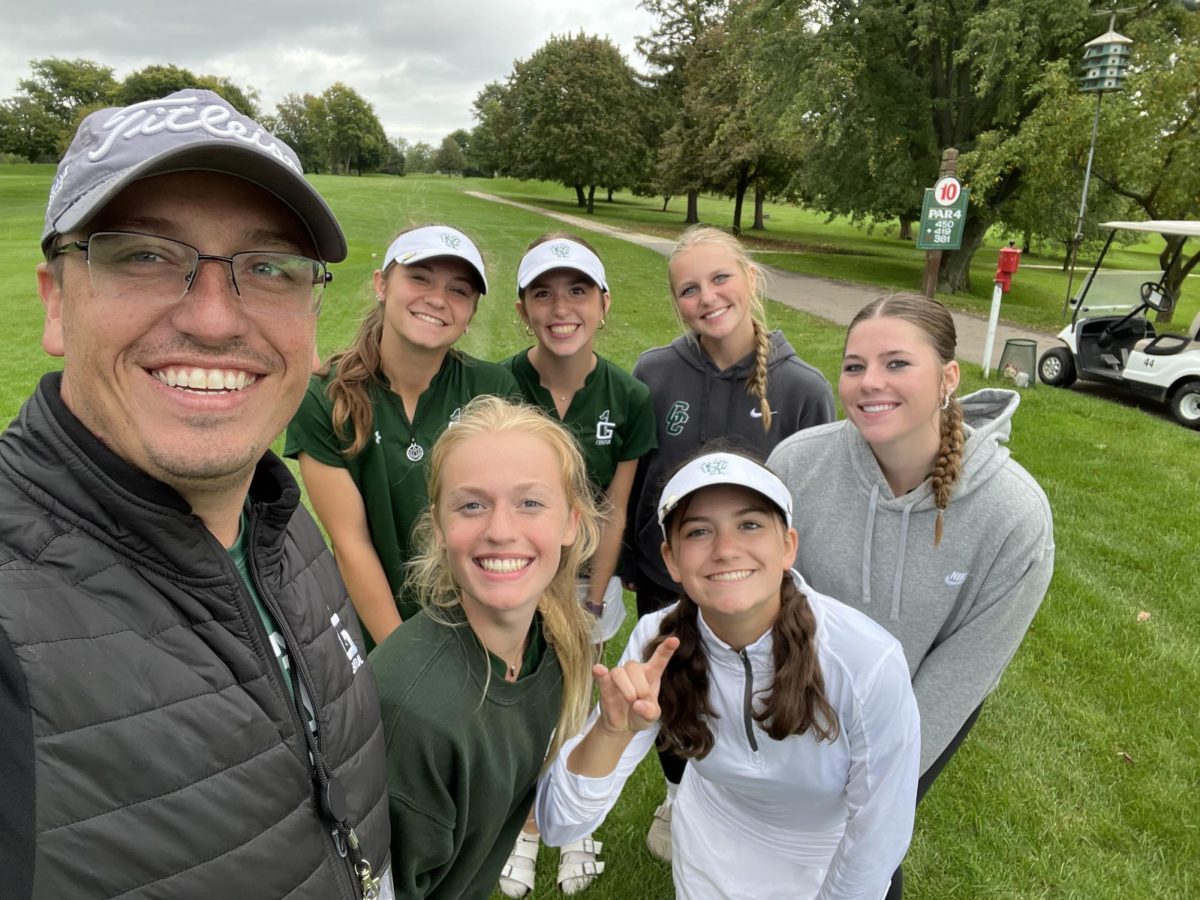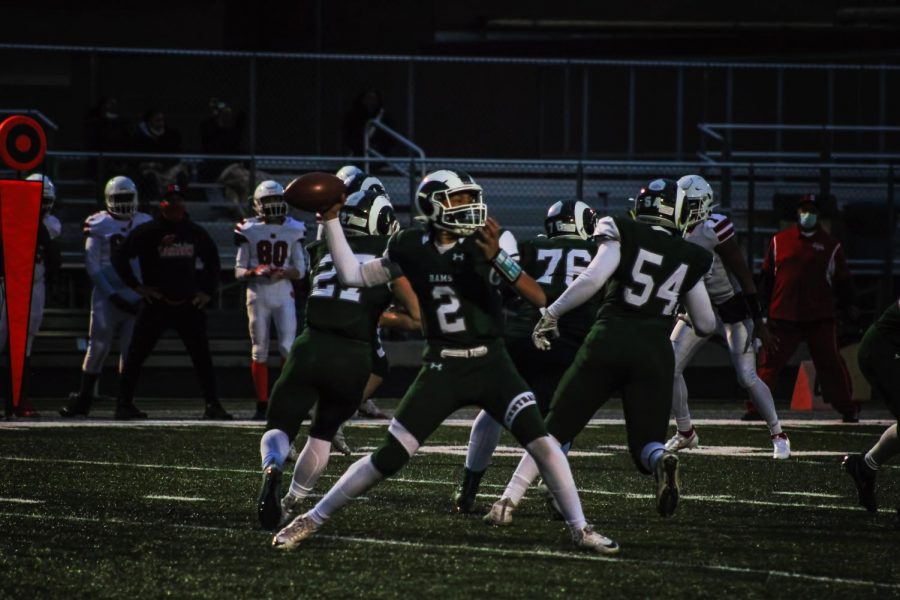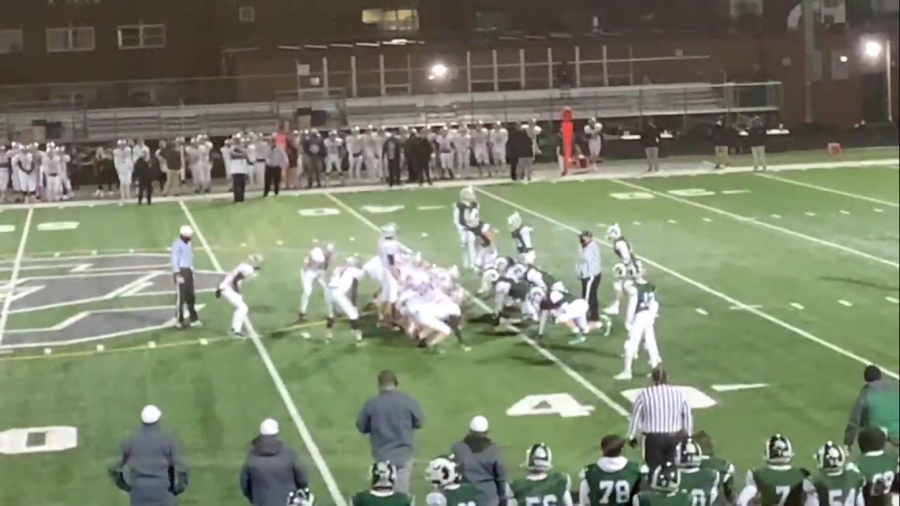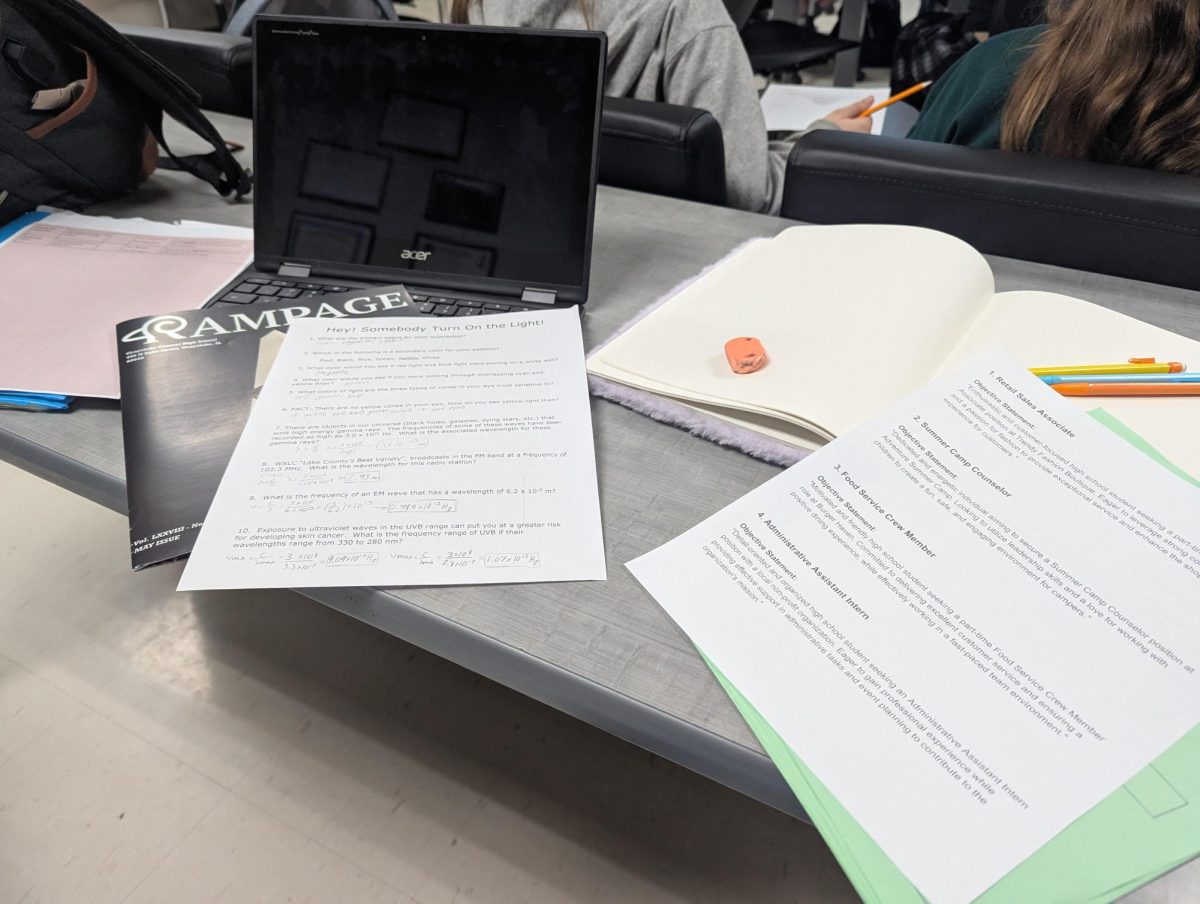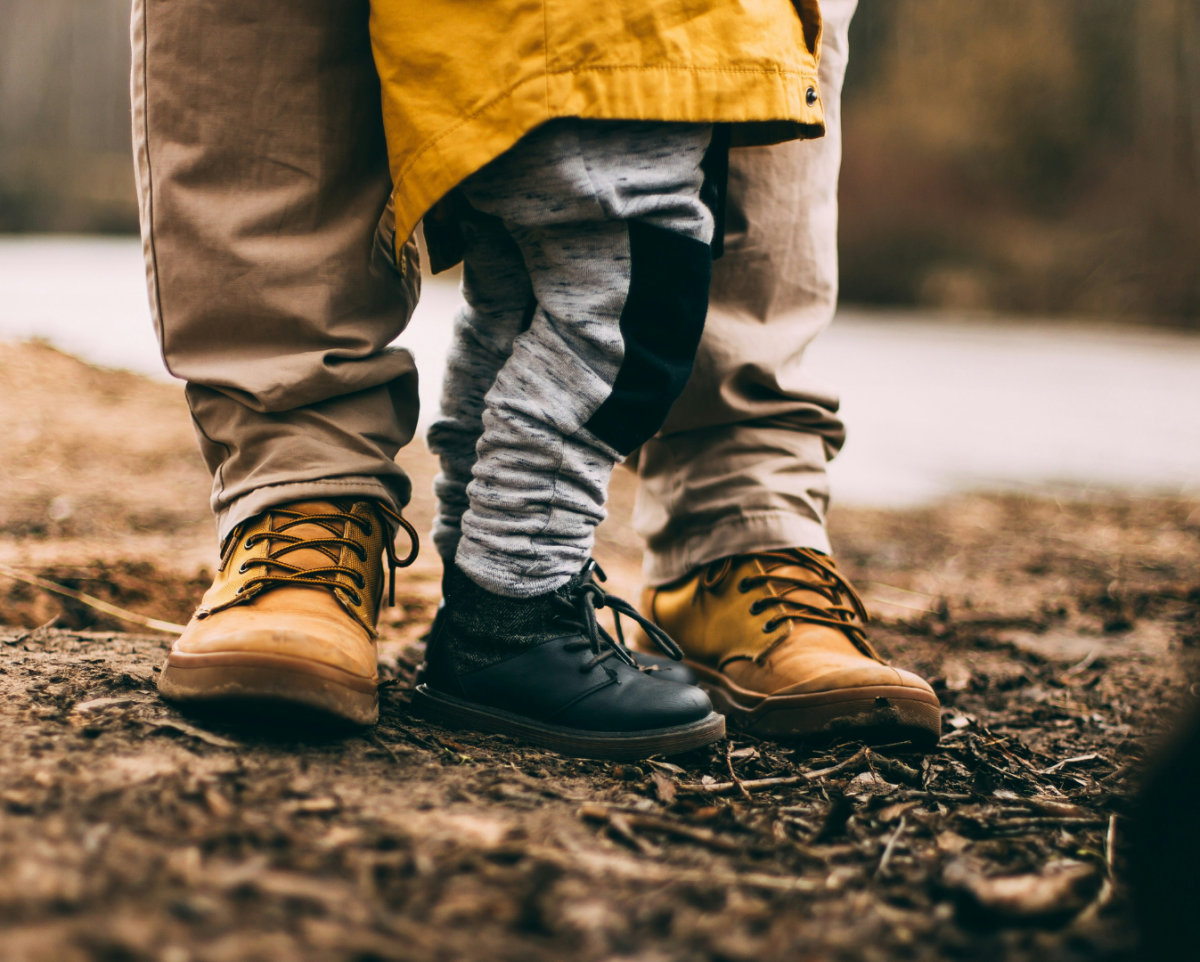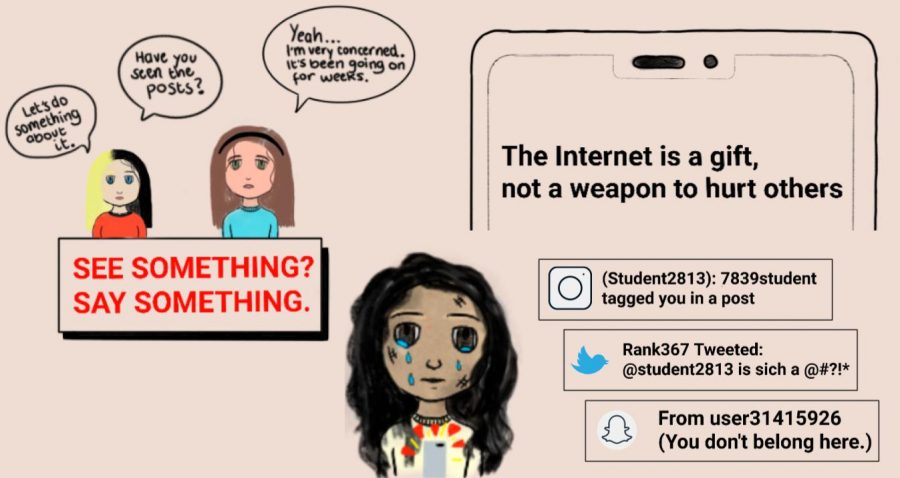What to know as the 2020 presidential Election rapidly approaches
Everything you need to know to vote in the 2020 Presidential Election.

Your vote matters.
September 18, 2020
This year, the 2020 presidential election will fall on Nov. 3, 2020. In less than two months, voters will head to the polls that day to elect the next president of the United States.
Before the general election, which most are familiar with, there is a selection process for both, Democratic and Republican, parties to decide which candidate they choose to have on the ballot and represent their party in the general nationwide election. There are two methods used to elect delegates for the general election, which are the caucus and the primary.
While caucuses have slowly lost their popularity in most states, in the states that they are held in, the political party announces the specific information of the meeting and anyone who is registered with the party can attend. During the meeting, there will be discussions and informal voting to see who are the most favorable delegates to represent the party at the national party convention, a convention conducted to obtain candidates for the role of president and vice-president.
Primaries on the other hand give more power to the citizens to elect which candidate they find most fitting for their party. According to Votesmart.org, “In a primary election, registered voters may participate in choosing the candidate for the party’s nomination by voting through secret ballot, as in a general election.” Two main primaries are conducted, open or closed, that decide who is able to vote in the primary. In an open primary, a registered voter can vote for either party. While in a closed primary, voters can only vote for the party they are registered with. Voters can not take part in more than one primary. There is also a third primary, the blanket primary, which “allows registered voters to participate in all primaries,” as stated by Vote Smart. Visit the National Conference of State Legislatures website to see if your state is doing open or closed primaries.
To be able to vote for the general election, you must be 18 on or before election day, meet your state’s residency requirements, are a U.S. citizen, and are registered to vote. There are many options to register to vote, you can do it in person, online, or by mail-in. All these options depend on your state.
For COVID precautions, mail-in voting will be available depending on your state. While a few states require an excuse to vote by mail, most will allow you to request a mail ballot, and the rest are primarily voting by mail. You can request a ballot online. To learn more about your state visit the link. There will also be an in-person polling place.
But before voting, try to know who will be on the ballot, as well as researching those potential options. Social studies teacher Georgia Brown explained the following methods you can take to be informed. “For example, per president, there will be debates on television… also going to the websites of the candidates and finding out what their position on issues is and considering what issues are important to you. And then looking at the candidates’ stance on particular issues.”
Voters will have the option to re-elect President Donald Trump and his vice president, Mike Pence, who are part of the Republican party. Electors will also have the option of candidate Joe Biden and his vice president, Kamala Harris, who will represent the Democratic party.
According to archives.gov, “When you vote for a Presidential candidate, you are actually voting for your candidate’s preferred electors.” The electors are chosen by the Electoral College. “The meeting of the electors where they vote for President and Vice President, and the counting of the electoral votes by Congress,” as stated by National Archive.
But why should I vote? What is my vote going to do? According to Brown, “The election process and free and fair elections are fundamental to democracy. And in order to ensure our democracy, we can’t take voting lightly. We really need to be involved in our democracy and this is one way, citizens can be involved in their democracy, and they need to vote.”


